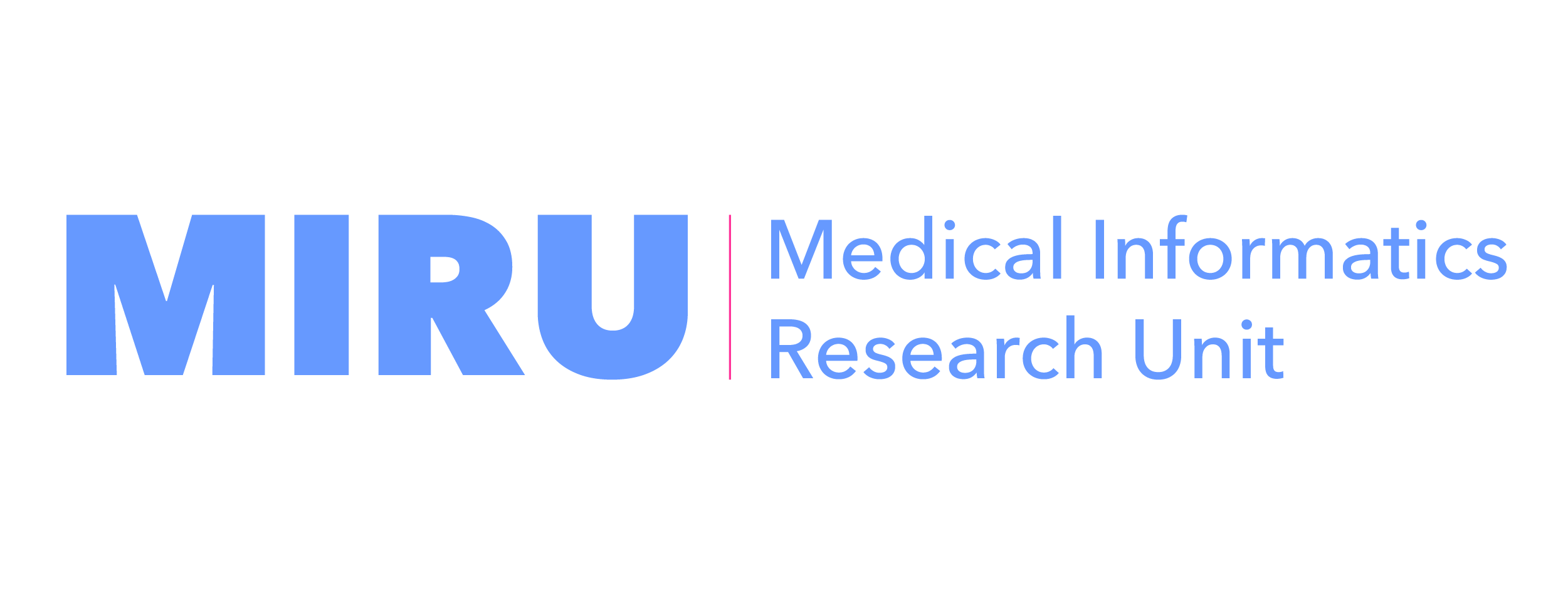Research
Our research interests lie at the intersection between (HCI), geographic information science and ubiquitous interface technologies. In our HCI lab we investigate how people interact with digital spatial information and create new methods and novel interfaces to help people interact with spatial information.
This includes the development and evaluation of wearable technologies, mobile augmented reality and virtual reality applications, interactive surfaces and tabletops, and other “post desktop” interfaces. Below you can find the list of past and current projects.
Projects
Lichtenberg Professorship
Volkswagen Foundation 2016-2021
The goal of the Lichtenberg Professorship founded by the Volkswagen foundation is to develop ubiquitous computing technologies that demonstrably enhance users’ lives by improving their interactions with their environment. In particular, we focused on three critical human-environment spatial interactions: helping users get from point A to point B, assisting users in orientating in unknown environments, and enhancing people’s senses and understanding of place.
KI-SIGS
BMWi 2020-2023
AI has the potential to play a crucial and potentially disruptive role in the healthcare industry. This new potential cannot be realised by isolated projects in specific application areas alone. Therefore the goal of the KI-SIGS project it to establish a hub on AI and healthcare in Northern Germany.
InviDas
BMBF 2020-2023
The InviDas project is developing a digital platform to make personal data and the legal implications of their transfer and processing more comprehensible. People of different technology generations and age groups are empowered to understand abstract technical and legal contexts and consequently to make well-reflected decisions.
Wintermute
BMBF 2020-2023
With developments such as Industry 4.0 and the Internet of Things, more and more systems are being networked. New application scenarios increase the complexity of communication. Critical systems with high availability requirements and sensitive data are more and more often connected to communication networks, making them a worthwhile target for attackers. WINTERMUTE addresses this problem by making experts and user interfaces more efficient with the support of Artificial Intelligence (AI) and specialists more productive even with less expertise.
Child Photo Archive
ERC 2020-2020
The Children’s Photography Archive (CPA beta) is the first archive in the world of its kind, featuring the photographs of child photographers. The project tests the scaling up of the CPA for the creation of evidence-based and openly accessible methodologies and learning resources for a child-authored, multimodal citizenship curriculum in primary schools. The social innovation grows out of our ERC-funded research (the ‘CONNECTORS STUDY’) on the relationship between childhood and public life with six- to eight-year olds that demonstrated how children connect to and produce rich multimodal stories (using text, image, sound) about their experiences of public life.
Leibniz ScienceCampus Bremen Digital Public Health
Leibniz Association 2019-2023
While digital public health allows for fundamentally new ways of delivering individually tailored prevention and health promotion contents to various populations, comprehensive evaluations of digital public health programs are still rare, and appropriate evaluation paradigms are yet to be developed. There is need for in-depth research and systematic conceptual work through interdisciplinary scientific approaches. The Leibniz ScienceCampus Bremen Digital Public Health (LSC DiPH) sets out to advance interdisciplinary research in this charged and fast-moving scientific and societal environment.
Graduate School “Empowering Digital Media”
Klaus Tschira Foundation 2017-2022
The goal of our graduate school is it to research the role of digital media in this digital revolution and to design, develop and evaluate novel user interfaces and artefacts, that can support us in this transition phase. help building interactive systems that – on the long run and in a sustainable way – are beneficial for humans in their everyday life in long-term use and in the non-isolated environment of a digital ecosystem where a limited set of users are not confronted with only a single technology for only limited time.
Google Cloud Research Program
Google 2018
Biodiversity around the world is rapidly decreasing. In fact, recent research has suggested that the “sixth mass extinction” on Earth is underway. In order to contribute to multiple studies, centered on characterization of this phenomenon, we propose for a deep neural network based approach for measuring the biodiversity of the tree species.

Medical Informatics Research Unit
Mahidol University & University of Bremen 2018-2022
The Medical Informatics Research Unit is a joint effort of Mahidol University (Bangkok, Thailand) and the University of Bremen to perform research in the area of medical informatics. Topics range from novel technological solutions for intraoperative support for surgeons to data mining of geospatial data for public health.










